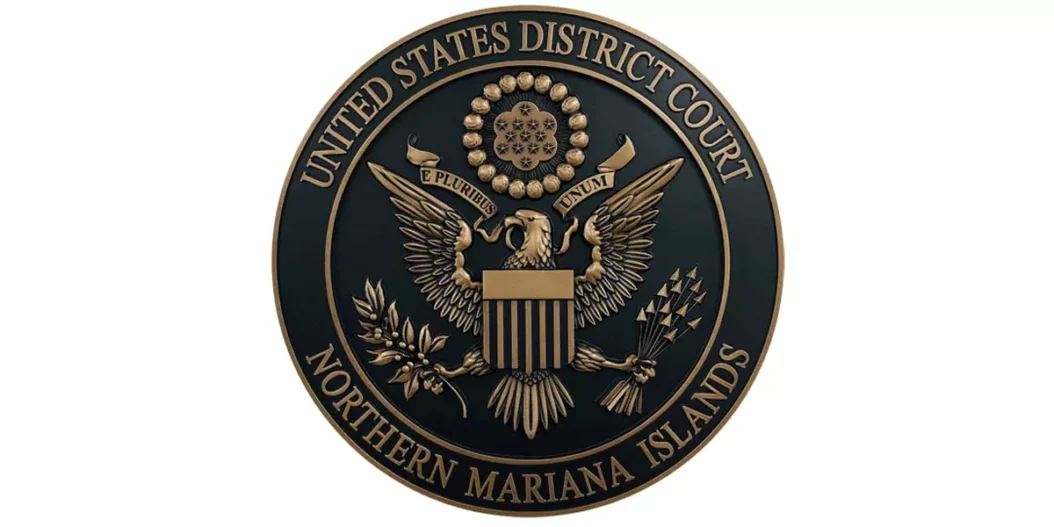Washington, D.C. — Animal Wellness Action, the Center for a Humane Economy, and the Animal Wellness Foundation have filed an amicus curiae brief with the U.S. Court of Appeals for the Ninth Circuit in the case Andrew Salas v. United States. The brief may be viewed here.
The case, on appeal before the Ninth Circuit from the Northern Mariana Islands District Court, is the latest — and likely the last — in a stream of cases filed by the pro-cockfighting bloc to obstruct the ban on cockfighting in U.S. territories. The “friends of the court” brief filed by the animal-welfare advocates supports the position that the federal ban on cockfighting challenged in the original suit extends to U.S. territories.

“The federal ban on cockfighting is settled law as a result of a series of federal district court and appellate rulings related to the application of the law in Puerto Rico, Guam, and the Northern Mariana Islands,” said Kate Schultz Barton, senior attorney with the Center for a Humane Economy and Animal Wellness Action. “We filed a brief to remind the Ninth Circuit of the precedent and rationale that establish that the United States has full authority to outlaw animal fighting everywhere in the nation, including in the territories.”
Andrew Sablan Salas, a former Northern Mariana Islands local politician, executive agency official, and self-described cockfighting enthusiast, brought the legal challenge, arguing that a federal anti-cockfighting provision of the 2018 Agriculture Improvement Act overreached in applying the prohibition to the Northern Mariana Islands.
Last November, District Court Judge Ramona Manglona granted the United States’ motion to dismiss Mr. Salas’ complaint after briefing and oral argument. Mr. Salas has appealed the ruling to the Ninth Circuit — the very same court that in December 2021 affirmed a Guam District Court decision that Congress has the authority to bar animal fighting throughout the United States, including in the territories. That case had been brought by another cockfighting enthusiast, Sedfrey Linsangan, and Animal Wellness Action, the Animal Wellness Foundation, and the Center also filed amici curiae brief in that matter.
Two months before that December 2021 ruling, the U.S. Supreme Court denied a writ of certiorari from cockfighters and political leaders in Puerto Rico seeking relief from that same federal law. That case had come to the Supreme Court after a U.S. District Court in San Juan and the U.S. Court of Appeals for the First Circuit had rejected the claims of cockfighting interests and their local political allies in Puerto Rico.
Unlike these earlier attempts in Puerto Rico and Guam, which were premised on Commerce Clause arguments, Salas v. U.S. revolves around the interpretation of the Covenant that governs the application of U.S. federal law to the Northern Mariana Islands. As Judge Manglona found, however, “the federal interests in regulating interstate commerce, preventing the spread of avian flu, and ensuring the humane treatment of animals outweigh the degree of intrusion into the internal affairs of the CNMI as it relates to the tradition of cockfighting.”
“As the Mariana Islands District Court and several courts before found, cockfighting is an activity that is intertwined with interstate commerce — it is not merely an ‘internal’ or ‘cultural’ practice,” said Wayne Pacelle, president of the Center for a Humane Economy and Animal Wellness Action. “Cockfighting is not only inhumane, but it poses demonstrable threats to public safety and public health through crime and zoonotic disease. It is a crime on every inch of U.S. soil and it is time to enforce the law without fear or favor.”
Should the Ninth Circuit agree with the District Court, the U.S. government, and the briefs and rule for the defendant, this will put the questions about the legality of the nationwide cockfighting ban to rest. It is highly unlikely that the Supreme Court would entertain any appeal by Salas to an adverse ruling from the court, having denied a certiorari petition from cockfighting in Puerto Rico in a similar case.
“Even while this ‘Hail Mary’ legal case is being launched by a cockfighter, it is important for the United States to shut down the cockfighting trade on Guam and in the Northern Mariana Islands,” said Tom Pool, D.V.M., the former Territorial Veterinarian for Guam. “I saw the illegal shipment of thousands of fighting birds from the states to the U.S. territories in the Pacific, and it’s time for our federal law enforcement agencies to shut it all down and arrest the people involved in profiting for this contraband.”
In April, there were two people murdered and three injured at a mass shooting at a cockfight in Hawaii.
In an effort to address the cruelty and the violence associated with cockfighting, U.S. Senators Cory Booker, D-N.J., and John Kennedy, R-La., recently introduced S. 1529 to strengthen the federal law against dogfighting and cockfighting, the Fighting Inhumane Gambling and High-Risk Trafficking (FIGHT) Act. Their bill is the companion to H.R. 2742, introduced by U.S. Reps. Don Bacon, R-Neb., and Andrea Salinas, D-Ore. This bipartisan, bicameral legislation is entitled the Fighting Inhumane Gambling and High-Risk Trafficking (FIGHT) Act. The FIGHT Act would strengthen the federal law against dogfighting and cockfighting by allowing for citizen suits against these perpetrators, banning online gambling on animal fights, and forbidding the use of the U.S. mail to ship adult roosters.
Animal Wellness Action provides rewards of up to $5,000 for information that leads to the arrest and successful prosecution of illegal animal fighters. Send in confidential information at animalcrueltytips@animalwellnessaction.org.
You can learn about the legislative history of animal fighting here. A fact sheet on the FIGHT Act is available here. Our 2023 white paper on cockfighting and avian influenza and other infectious diseases can be found here.


